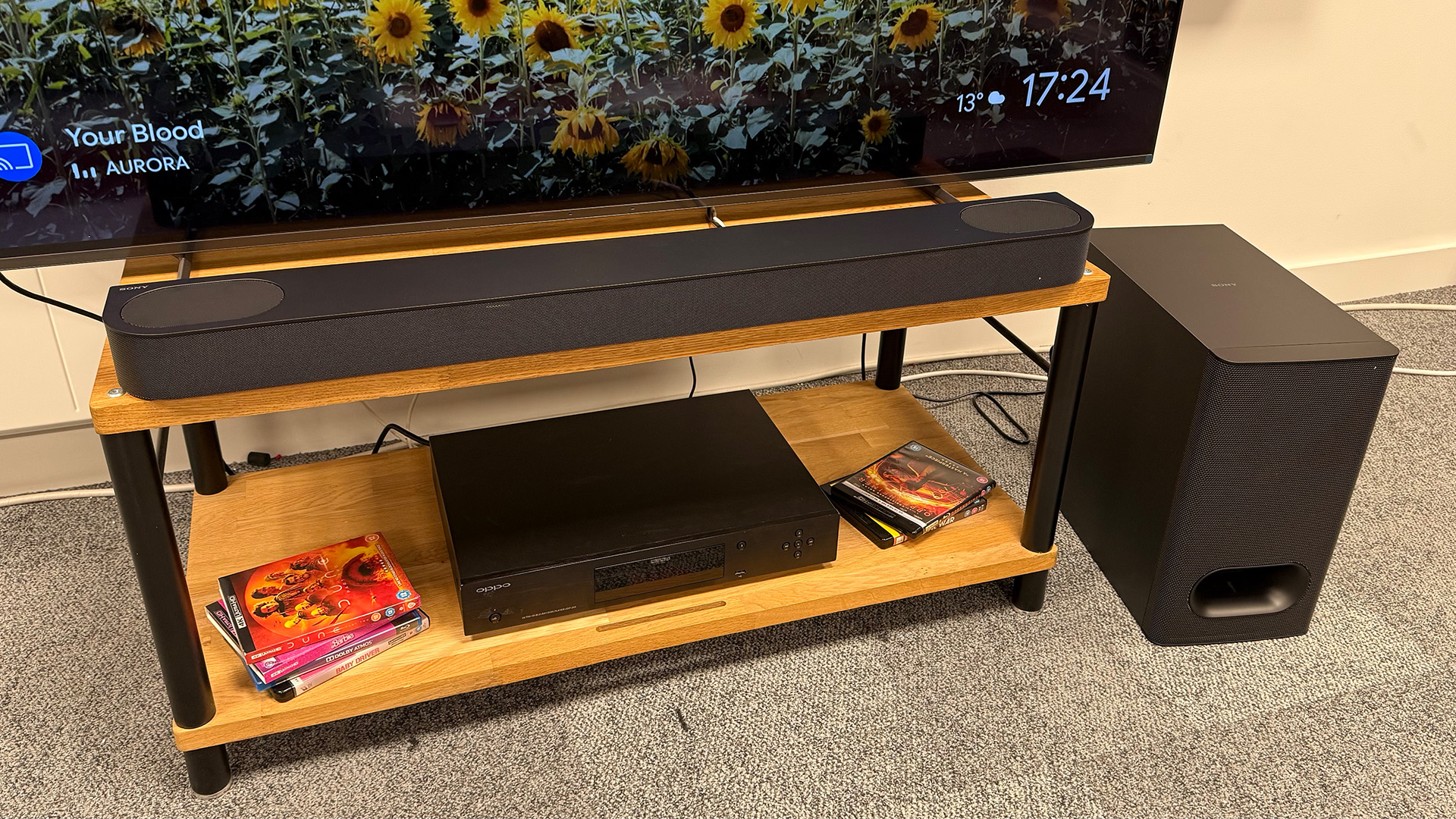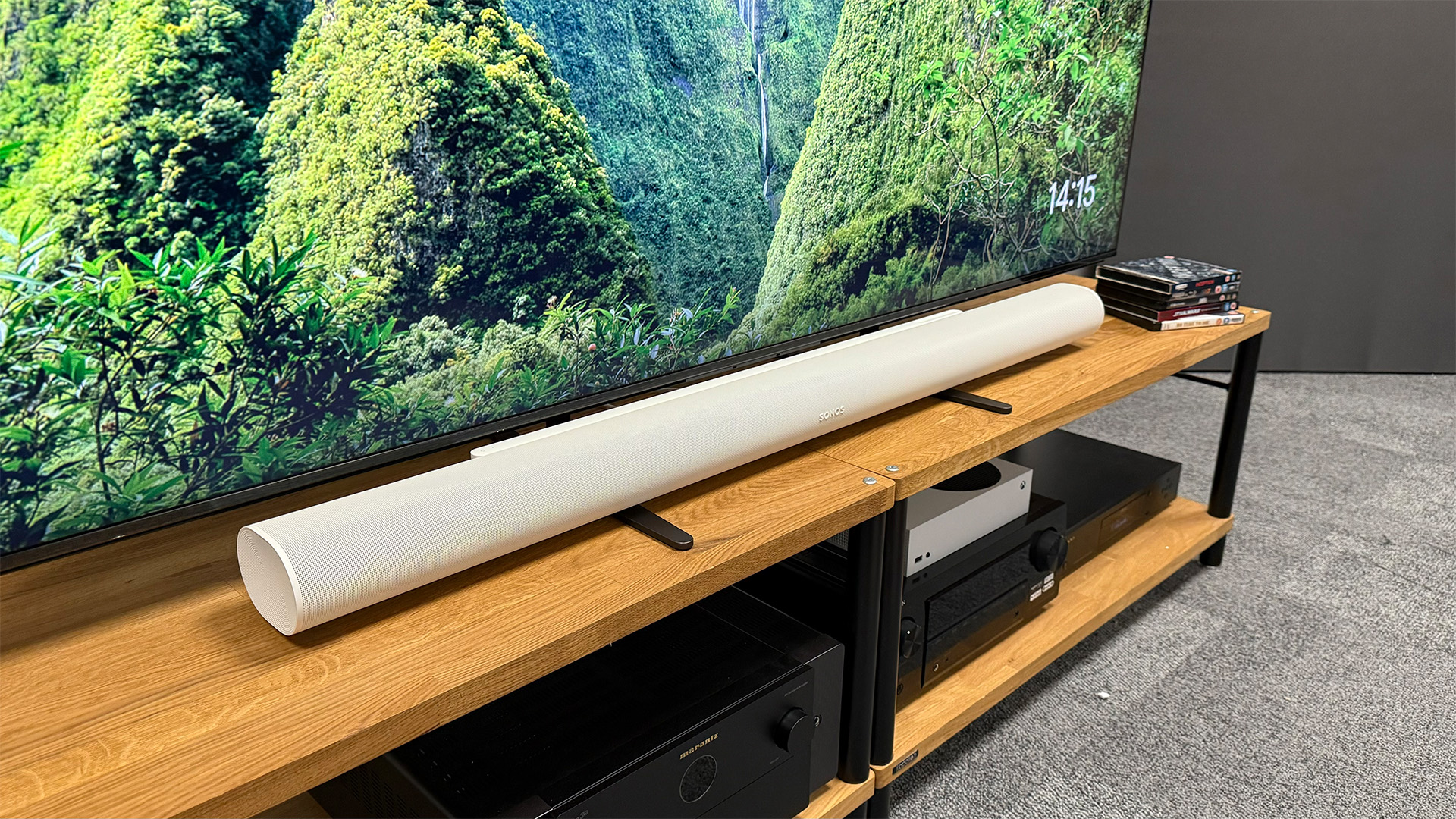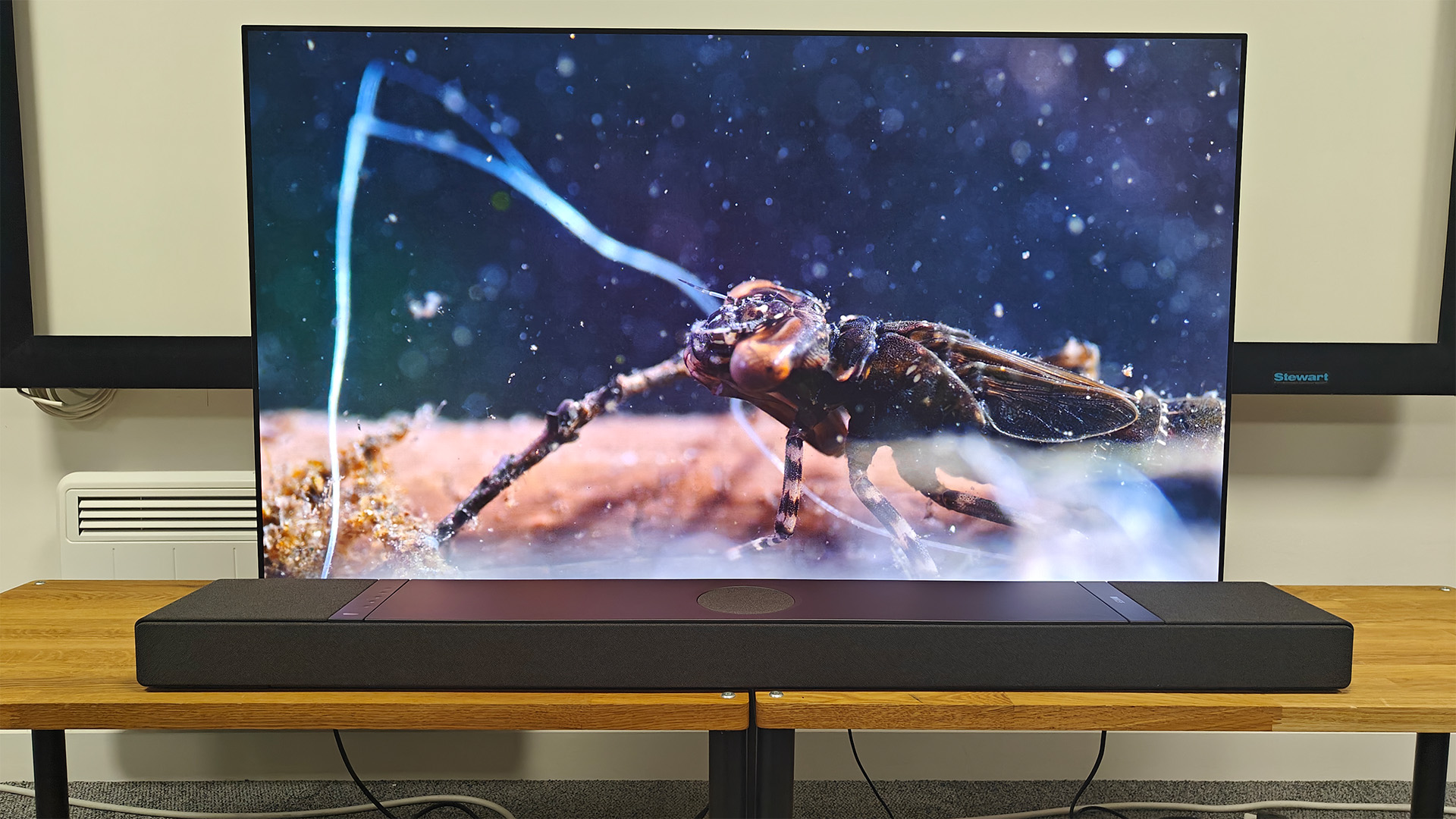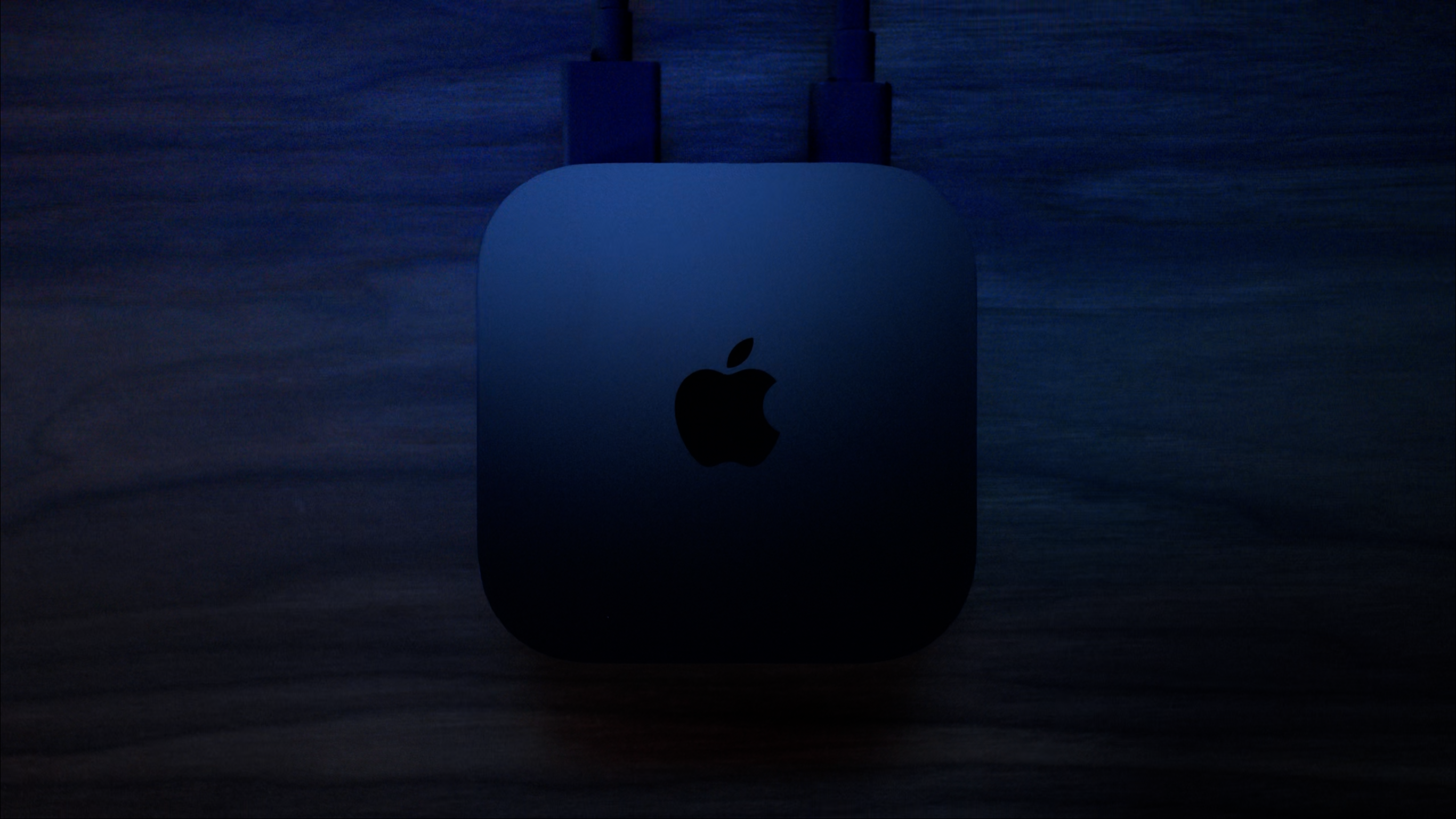Struggling to choose a Dolby Atmos soundbar? Don’t fall into this cunning trap
Brand synergy is hugely overrated

The latest hi-fi, home cinema and tech news, reviews, buying advice and deals, direct to your inbox.
You are now subscribed
Your newsletter sign-up was successful
Every TV brand also produces soundbars. Lots of them, in many cases.
So, when it comes to buying a soundbar to go with their TV, many people immediately look at models made by the same brand.
Some people actually think that they have to buy a soundbar made by the same manufacturer as their TV.
That's, of course, not true: any soundbar will work with any TV, with almost all models now receiving sound via the open HDMI eARC standard, and the remainder using the older, equally brand-agnostic optical or stereo RCA connection methods.
But there are often benefits to buying a soundbar and TV from the same brand, and the manufacturers shout loudly about these, desperate to keep you exclusively in their product ecosystem.
Most of these benefits add an extra degree of user-friendliness to the setup, such as by integrating soundbar controls and menus into the TV's user interface.
LG's models also feature something called 'WOWCAST', which allows for a wireless connection between the TV and soundbar. Neat, but with TVs and soundbars usually positioned so close to one another, aren't you just better off using the more reliable, high-quality HDMI cable?
The latest hi-fi, home cinema and tech news, reviews, buying advice and deals, direct to your inbox.
Really, though, the big synergistic benefit that the big three brands promote is the ability for the soundbar's speakers to work in harmony with your TV's speakers to create an apparently bigger, better and/or more spatially accurate audio presentation.
That's what I want to warn you against.
The problem

You see, if you buy a soundbar from a different brand to the one that made your TV (such as the Sonos Arc Ultra, above, for which there is no matching TV), your TV's speakers will become redundant – it will output all sound to the soundbar instead.
On paper, that sounds really wasteful, doesn't it? Why waste the speakers you already have and paid for as part of the cost of your TV?
That's what makes this sonic synergy so appealing: the soundbar's speakers can complement your TV's speakers, rather than make them redundant.
For Sony, this is called Acoustic Centre Sync; LG's version is WOW Orchestra; and Samsung's is Q-Symphony.
The problem is that I've tested them all, in various TV/soundbar combinations, and in every case, I've found it better to just disable the feature anyway.
That isn't to say that there are no benefits to using it. The main one is that it can refocus dialogue to the screen, particularly if there's a bit of distance between the soundbar and TV.
That's especially true of Sony OLEDs, which have particularly good dialogue focus thanks to their Acoustic Surface Audio+ technology, which involves actuators that essentially turn the display itself into a speaker.
But a good soundbar, positioned correctly (as close to the TV as possible), should have no problem projecting the sound in a way that feels tied to the picture, so this benefit is rarely that useful.
Besides, it absolutely doesn't make up for the tonal and dynamic discrepancies I always hear when I test these features.
Even the best TV speakers are tiny, motion-starved, suffocating weeds compared with those of even a modest soundbar.
They simply can't move anywhere near as much air or reproduce anything like the same range of frequencies, and that creates a mismatch that renders the whole endeavour doomed to failure – at least on the evidence I've heard.
In every case I can recall, activating one of these synergistic sound modes has resulted in thinner dialogue, an obvious change in tone as effects move from one set of speakers to the other, and/or a drop in dynamic range when volume levels are pushed.
In other words, I have always found that the TV speakers have hampered the sound from the soundbar, rather than improved it. And that's often using the brand's very best TVs – I expect the negative effect will be much more pronounced when more affordable sets are involved.
The obvious solution

It may not seem like it, but the fact that TV and soundbar sonic synergy is far worse than it's cracked up to be is actually a good thing – because it means you are very much not limited to buying a soundbar from the brand that made your TV.
There may be other reasons to go down that route, of course (TV and soundbar bundle deals have become increasingly popular of late and can save you hundreds of pounds or dollars, for example) but, broadly speaking, you should feel free to choose any of the best soundbars to go with any of the best TVs, regardless of whether the badge on the front matches.
MORE:
Here's our comparison of two of the best soundbars around: Sonos Arc Ultra vs Sony Bravia Theatre Bar 9
You should definitely consider the Samsung HW-Q990F (or older HW-Q990D) when you own a soundbar or not
Tom Parsons has been writing about TV, AV and hi-fi products (not to mention plenty of other 'gadgets' and even cars) for over 15 years. He began his career as What Hi-Fi?'s Staff Writer and is now the TV and AV Editor. In between, he worked as Reviews Editor and then Deputy Editor at Stuff, and over the years has had his work featured in publications such as T3, The Telegraph and Louder. He's also appeared on BBC News, BBC World Service, BBC Radio 4 and Sky Swipe. In his spare time Tom is a runner and gamer.
You must confirm your public display name before commenting
Please logout and then login again, you will then be prompted to enter your display name.

